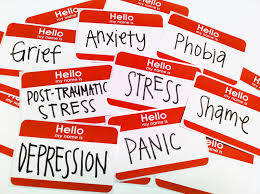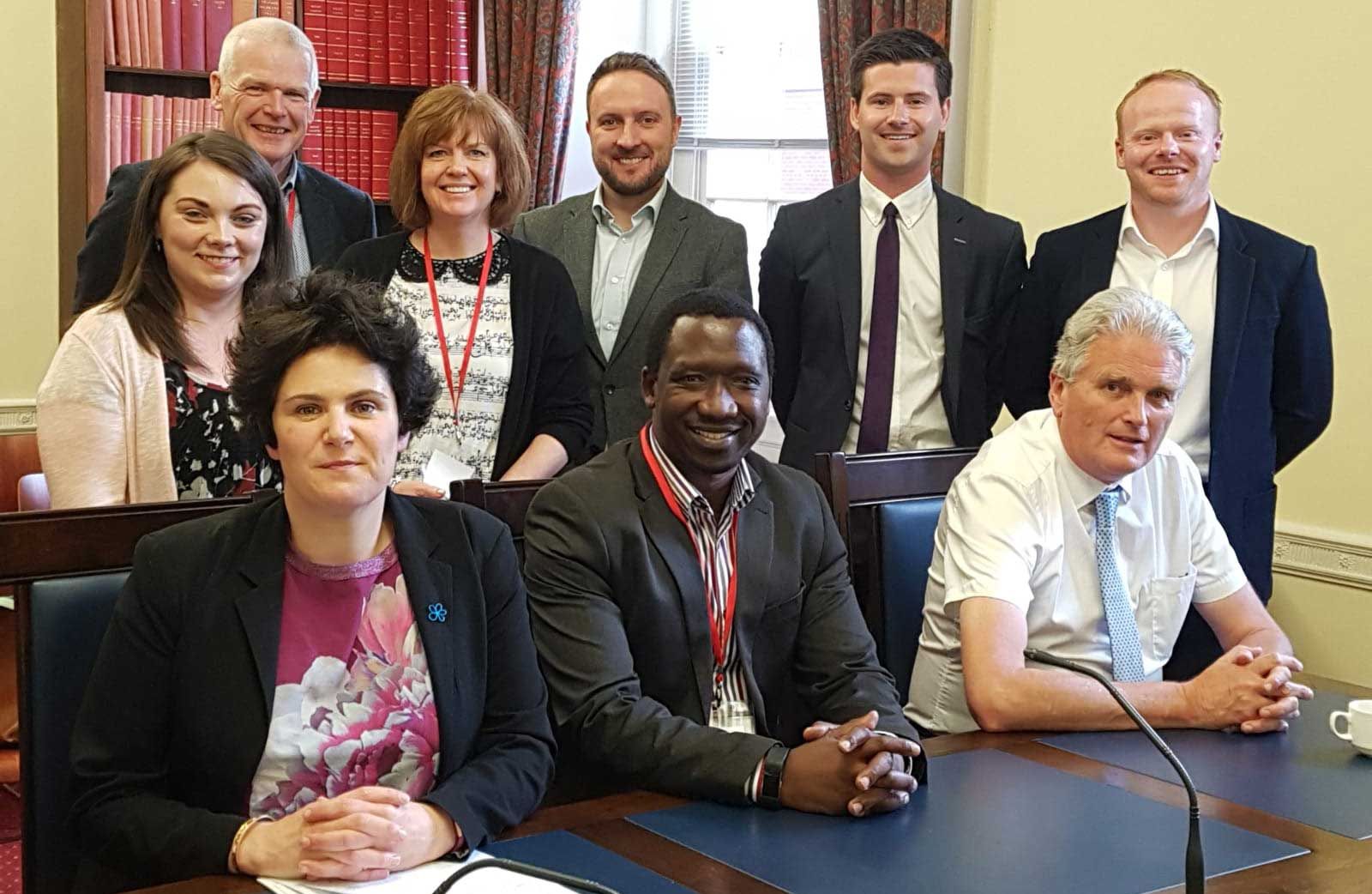
Have We Forgotten The Importance Of Relationship?PT 3.
I work with churches across N. Ireland helping them to connect and reach out to their local community. Part of this process is enabling them to conduct a community audit of need in their area. There are few communities where isolation and loneliness is not one of the biggest issues – and not just among the elderly.
The University of Ulster conducted research and found that 30% of the population of N. Ireland suffers from mental health problems and more than half of these are directly related to the Troubles. There are high levels of untreated PTSD as a result of decades of violence.
Outwardly, Northern Ireland looks good. We’ve become a popular tourist destination! Blockbuster TV and films are made in our beautiful countryside. Infrastructure is much better. People can shop together now, without barricades, but as my colleague Derek Poole has spoken and written about – we’ve settled for tolerance, and tolerance is not enough. We’ve done the superficial stuff but we haven’t dealt with relationships, people’s hearts and minds. He wrote in the Thrive Ireland “lessons from Rwanda resource,
“Having a peace process is not the same as having made peace with one another.”
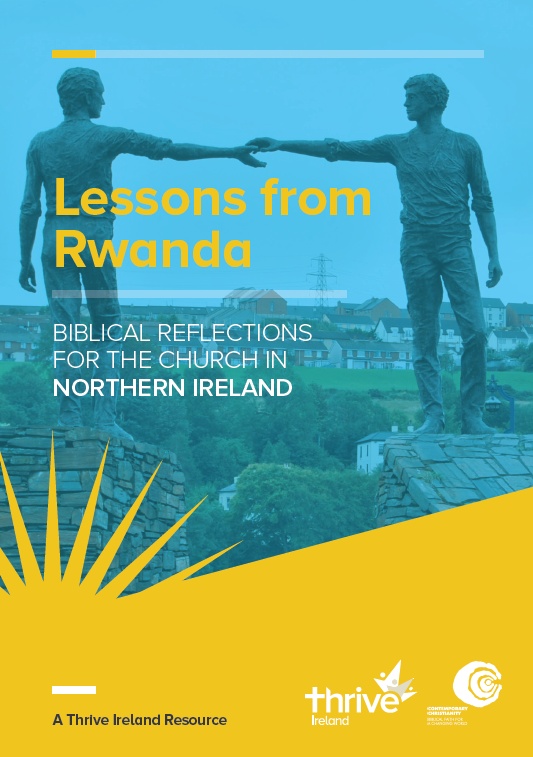
The lid that we put on the pain and the suffering manifests itself in other ways. Not by accident is Northern Ireland the poorest part of the UK.
According to research from Joseph Rowntree:
“The level of persistent child poverty in N. Ireland is more than double that in the rest of the UK.”
“Nearly one third of the working age population in N. Ireland is not in paid work. At 31% this is the highest of any other region in the UK.”
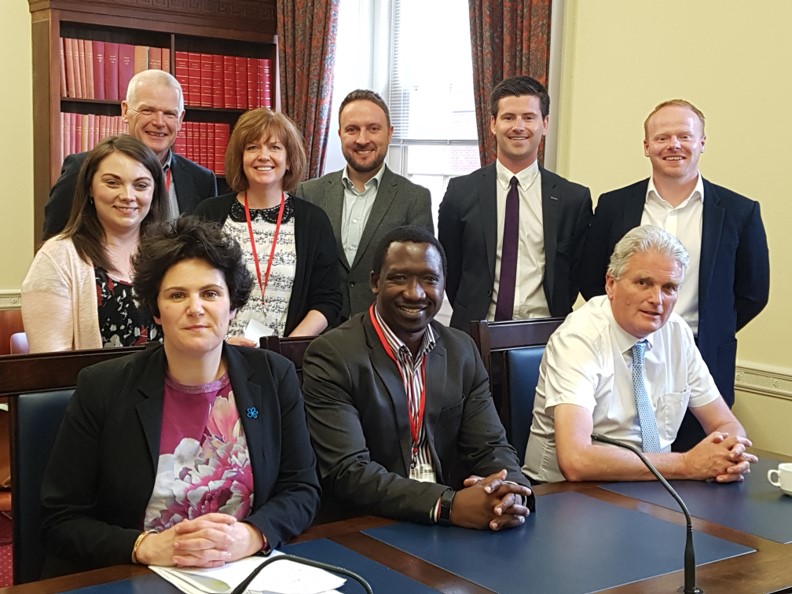
Last time Inspired Individual and Christian Leader, Christophe Mbonyingabo from Rwanda visited N orthern Ireland he spoke at Stormont to the cross party group for Global development.
He spoke about the Gacaca courts which were set up:
- To enable truth telling
- To promote reconciliation
- To eradicate the culture of impunity
- To speed up the trial of genocide suspects and
- To demonstrate Rwanda’s own problem solving capacity.
It also enabled victims and survivors to learn the truth of the fate of their loved one – not one persons truth – but the communal truth. Because as these courts took place in local communities where people knew each other well – perpetrators could be challenged on the stories they were telling by other members of the community who were also there.
The Gacaca courts “encouraged offenders to confess, to express public apology and offer reparations – this was to facilitate the reintegration of the perpetrators back into Rwandan society. This was Rwanda’s restorative way of dealing with the past.
- The Gacaca courts also enabled victims and survivors to tell their stories and from my experience of listening to these harrowing stories – this seemed a very important part of their healing.
Indeed Walter Brueggemann says,
“There can be no healing from hurt – without the public affirmation of the legitimacy of your story. “
To enhance and encourage the building of cross community relationships the people of Rwanda also practice Umuganda.
This tradition was revived by the Rwandan government in 1998, but only institutionalized with laws passed in 2007 and 2009. The aim of this initiative is to use the resources of the community, to foster growth in community – through activities such as tree planting, building houses, schools, clinics and so on. In so doing the activities associated with Umuganda encourage reconciliation by bringing together former opponents to work on constructive tasks which in turn promote national reconstruction. It is a recurring activity, taking place on the last Saturday of every month. It lasts for 3 hours and is mandatory for all able persons aged 18 – 65.
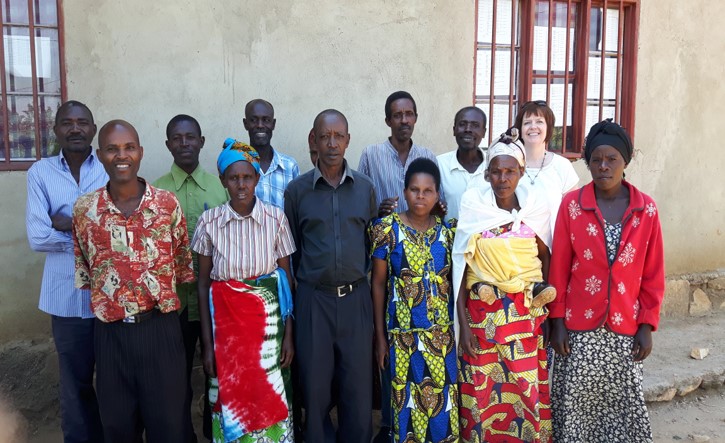
In Rwanda the National Unity and Reconciliation Commission was set up in 1999 and still operates now. “the focus of this Commission is on reconciling Rwandan society into a unified peaceful nation. Interestingly they go on to say, “While it does acknowledge the events of the past, its primary focus is not investigation.”
The differences in N. Ireland’s way of dealing with the past were highlighted by members of that Stormont Committee who recognized straight away that we are mostly missing any “relational” element.
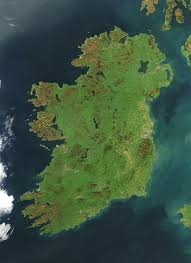
Here, in terms of Transitional Justice: There have been various official methods for investigating the past:
- Government-appointed inquiries and investigations
- Police Ombudsman
- Legacy Investigation Branch of the Police Service for Northern Ireland (PSNI), which replaced the Historical Enquiries Team (HET) in 2014
- Inquests
- Independent Commission for the Location of Victims’ Remains
The Stormont House Agreement in 2014 included a range of measures associated with dealing with the past including:
- A commission on flags, identity, culture and tradition
- Responsibility for parades to be given to the N. Ireland Assembly
- An oral history archive
- An independent historical enquiries unit to take over from the Historical Enquires Team and take on legacy cases from the Police Ombudsman
- An Independent commission on Information Retrieval.
The irony of this last point was highlighted by a member of the Global Development Committee who said that whilst Rwanda had sought truth telling and the promotion of reconciliation through the Gacaca counts – we couldn’t even use the word truth and had dehumanized it to “Information retrieval.”
As Christians, I think we expect the church to be different.
However, I have worked with churches across the denominations in N. Ireland for more than 20 years, and sadly I have witnessed much internal strife and conflict which is damaging and life draining. We seem to struggle to build authentic, vulnerable relationships – even in our Christian communities. If we are unable to do this – how can we lead others in our communities to build courageous relationships and make courageous and difficult decisions.
Jesus – the word himself, became flesh and dwelt among us. Relationship was obviously important to him and his friends were many and varied.
Our words – our theory if you like, need to become flesh if we are to bring transformation to this troubled part of our lovely island.
